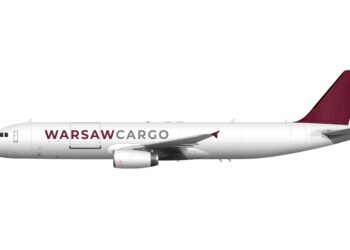CFS 2019: Reducing the cost of engine ownership

SAN DIEGO – As more next-generation narrowbody aircraft become suitable for conversion into freighter configuration, lessors and operators are increasingly hoping to lower the costs associated with owning engines that power these airframes.
During Cargo Facts Symposium’s first ever panel dedicated to engine issues with regard to narrowbody conversions, Aileen Barton, marketing manager of GE Aviation Services, was asked whether GE would consider including replacement or modification parts produced by someone other than the original equipment manufacturer (OEM) if they have been given Parts Manufacturer Approval (PMA) by the Federal Aviation Administration (FAA), or repairs carried out by Designated Engineering Representatives (DER) rather than the OEM. She said that GE is not in favor of PMA or DER material, but that GE has a separate division to deal with used serviceable material. GE also provides choice to operators through an open MRO network.
For Barton’s full response, watch the video clip below:
Larry Gray, director of customer value, environment and mature products at the commercial engines marketing division of Pratt & Whitney, said his company doesn’t endorse PMA use either. “We’re also trying to lower the cost for repair and development,” he said. “We’ve actually co-located some of our engineers with the repair houses to try to bring down not only the time to develop repairs, but also the cost of ownership. We’re using digital technology within our repair shops and some of the MRO shops to help bring down return times.”
But Kevin Casey, president of lessor Spectre Air Capital, didn’t agree, saying that he sees a place for PMA to help keep the product affordable. “Candidly, right now, I don’t think it is affordable enough, but in fairness to the OEMs, the reliability is beyond reproach,” he said. “That comes, coincidentally, during a period of 10-15 years where there hasn’t been a lot of PMA development and there aren’t a lot of PMAs installed in the hot sections in particular in these highly reliable engines.”
Casey added that he thinks there is a lot of justification for advanced repairs, particularly for structures, and that he has been surprised recently about the lack of repair tolerance on some stationary items and engines. “So I think that a little more of that would be good, and I think that anything that makes products a little bit more cost-effective for the operators means that they’ll stay in service longer.”
For more video from Cargo Facts Symposium 2019, see the archive here.





